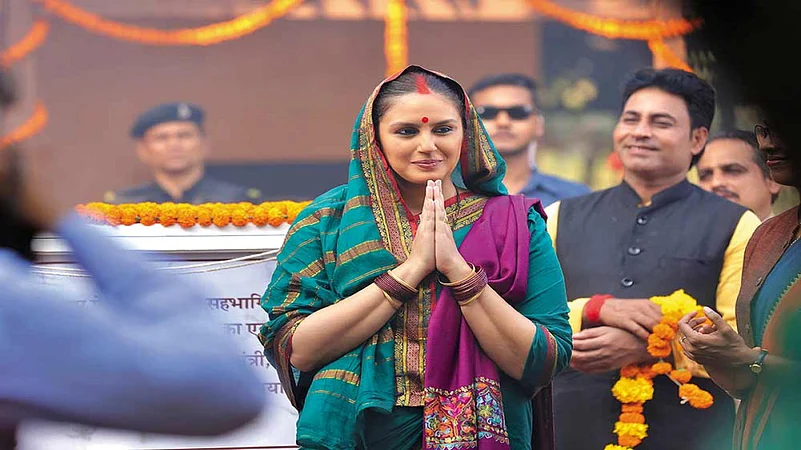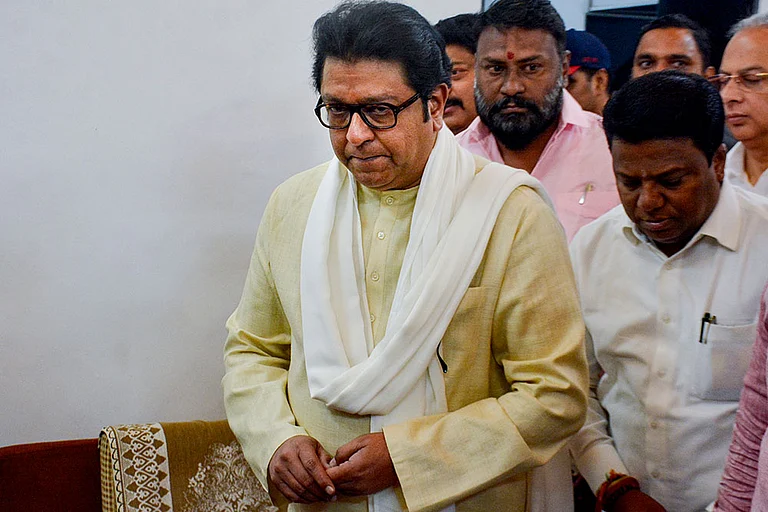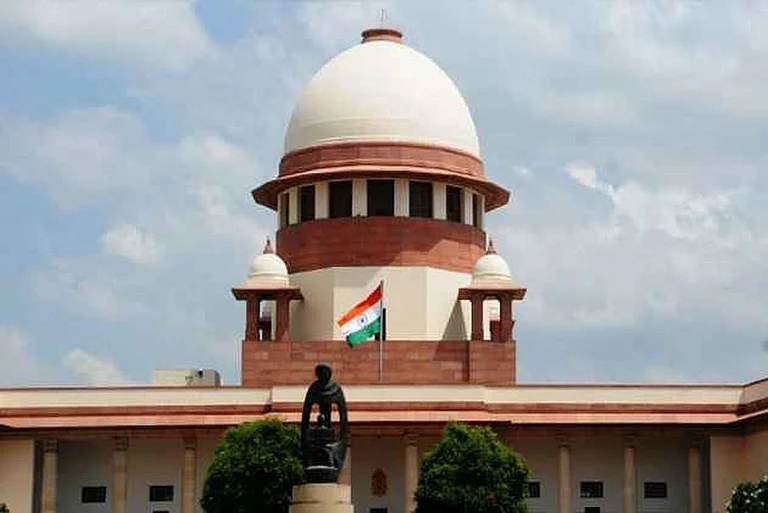Huma Qureshi began her career as a theatre actor in Delhi, moved to Mumbai and did TV commercials, and one such promo with Aamir Khan launched her into films. And then, Anurag Kashyap’s Gangs of Wasseypur happened. Huma segued smoothly into the role of Mohsina, a quirky village belle. In the Covided world of digital entertainment she is among the first Indian actresses to land a plum role in the sought-after Western realm—a Netflix movie, Army of the Dead, by Zack Snyder. She is also seen in a political web series drama, Maharani, on SonyLiv. The Delhi girl tells Lachmi Deb Roy in an interview how she hates being cast in box and how she loves to explore wide-ranging roles. Excerpts...
Playing Rani Bharti: It was exciting, different, and challenging. But I always like to push myself and try not to be repetitive. And it was heartening to hear positive comments from people. ‘You look so different. Rani Bharti doesn’t even look like you!’ This makes me feel I have done something right. I owe this to director Karan Sharma, story and screenplay writer Subhash Kapoor and Nandan Singh.
Is Maharani based on Rabri Devi? No. References have been made, but it’s a complete work of fiction and any kind of comparison is not fair. Apart from the fact that Rani Bharti is a woman chief minister of Bihar, there are no similarities at all. I tried and imbibed the mannerisms of a woman from Bihar in the 1990s, interested in cattle and livestock, making tea for guests, cooking and cleaning. Rani Bharti has never been to school, hasn’t stepped out of her village…hasn’t even gone to Patna. But she is intelligent, which is her most alluring character trait.
The dialect: I generally don’t forget if I listen to a dialect and keep listening to it again and again. Subhas and Nandan are from Bihar and they are great with the dialect. We did a two-week workshop and went through the script thoroughly. Also, I delivered a similar accent in Gangs of Wasseypur.

Different roles: It is important to put yourself in an uncomfortable zone. And if I keep doing the same kind of roles, I get bored. So, I try not to repeat myself. I don’t like to be typecast…the industry tends to do that if it sees you in a certain role, the same character keeps coming back to you. I am extremely careful in accepting films. I enjoy doing diverse roles.
Favourite episode from Rani Bharti: That’s difficult. How do I choose? The first time she goes to the state assembly in episode three is one of my favourites. It’s a first for me too…to visit a state assembly in person. We went to Jammu to shoot it.
OTT is the future: The over-the-top platform has given actors a place to showcase their talents. I love the big screen and I can’t wait for theatres to reopen. But considering where we stand today, I think streaming platforms are the sole solution and with the kind of stories we are doing, this wouldn’t have found place in the conventional theatre space. That I think is an incredible sign.
Casting for Army of the Dead: Very different and things happen at a different pace . When you are new to a certain atmosphere, you don’t know what people expect from you. I got used to doing things in a certain way and when you go to some other country, you have to reinvent yourself. Their industry, their people and director, their producers, it’s a challenge to get used to it. It makes me feel like a beginner again. But I feel if one has to grow in life. There is fun in doing something new.


























